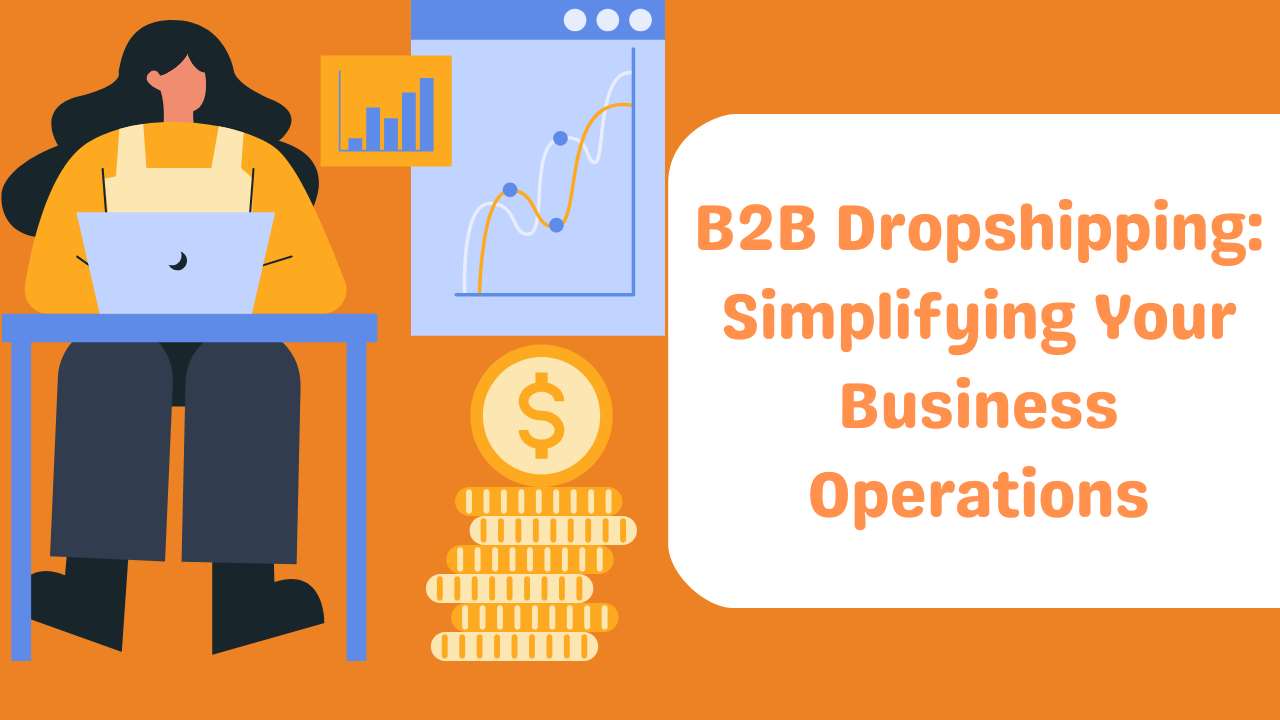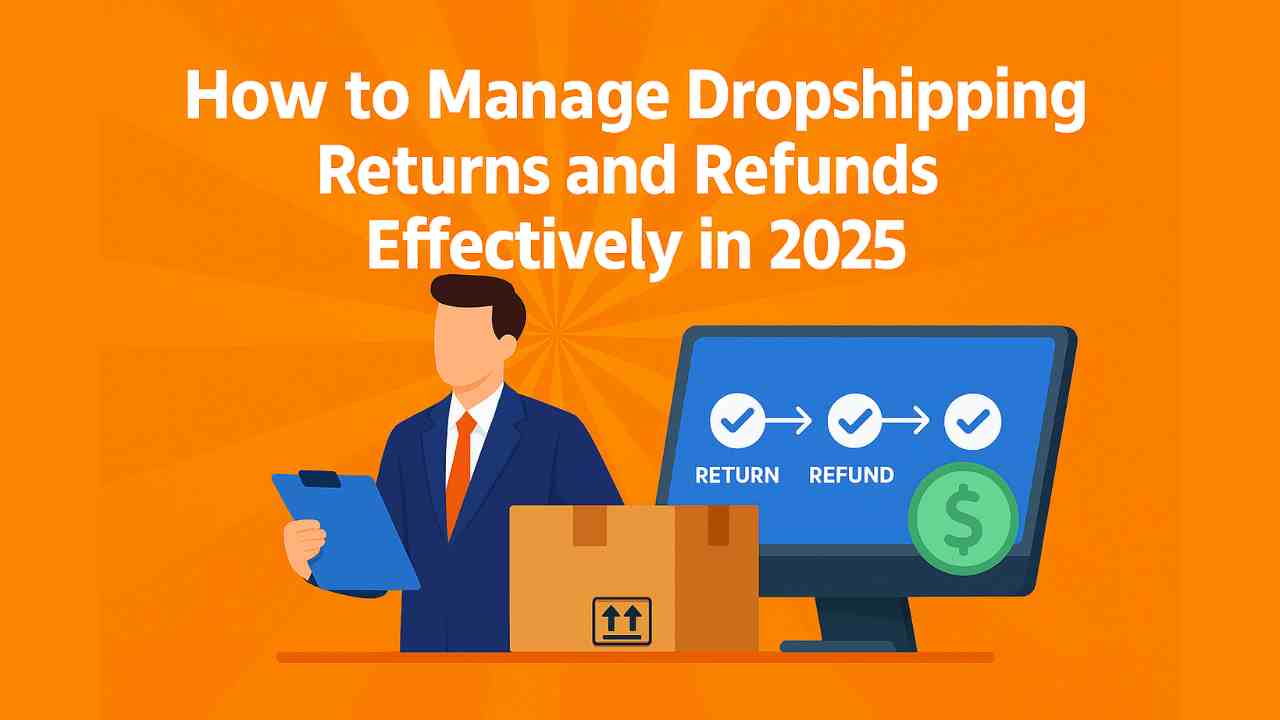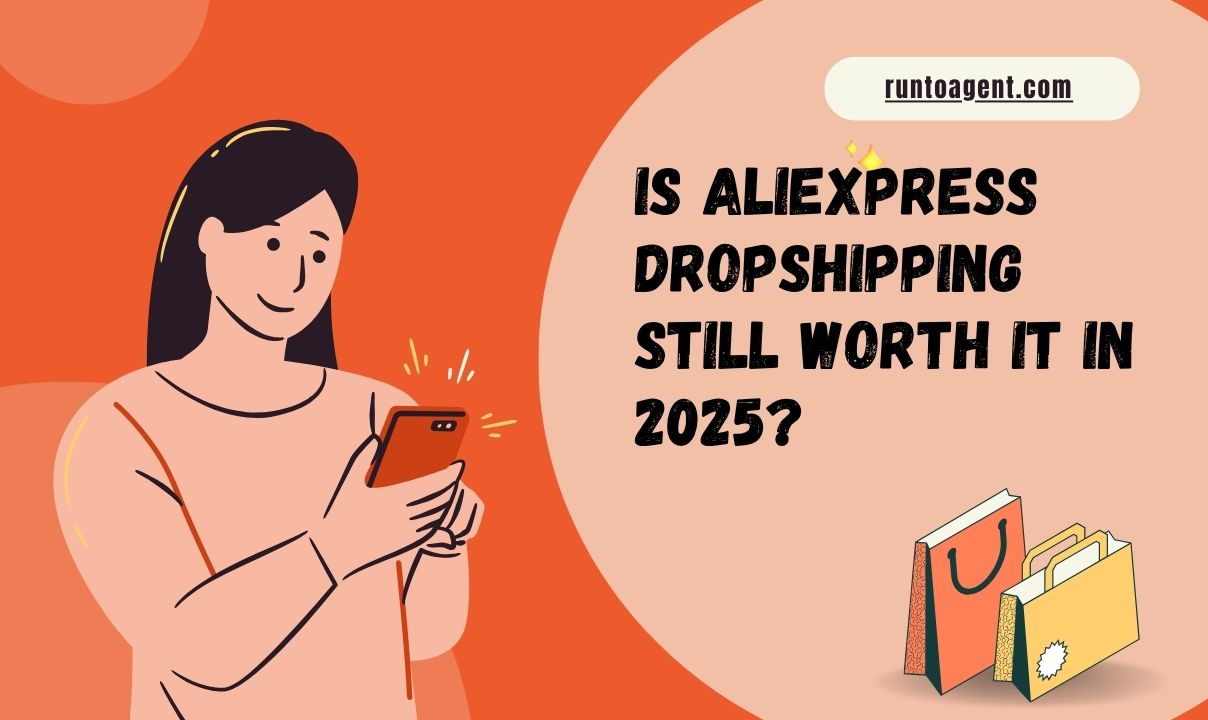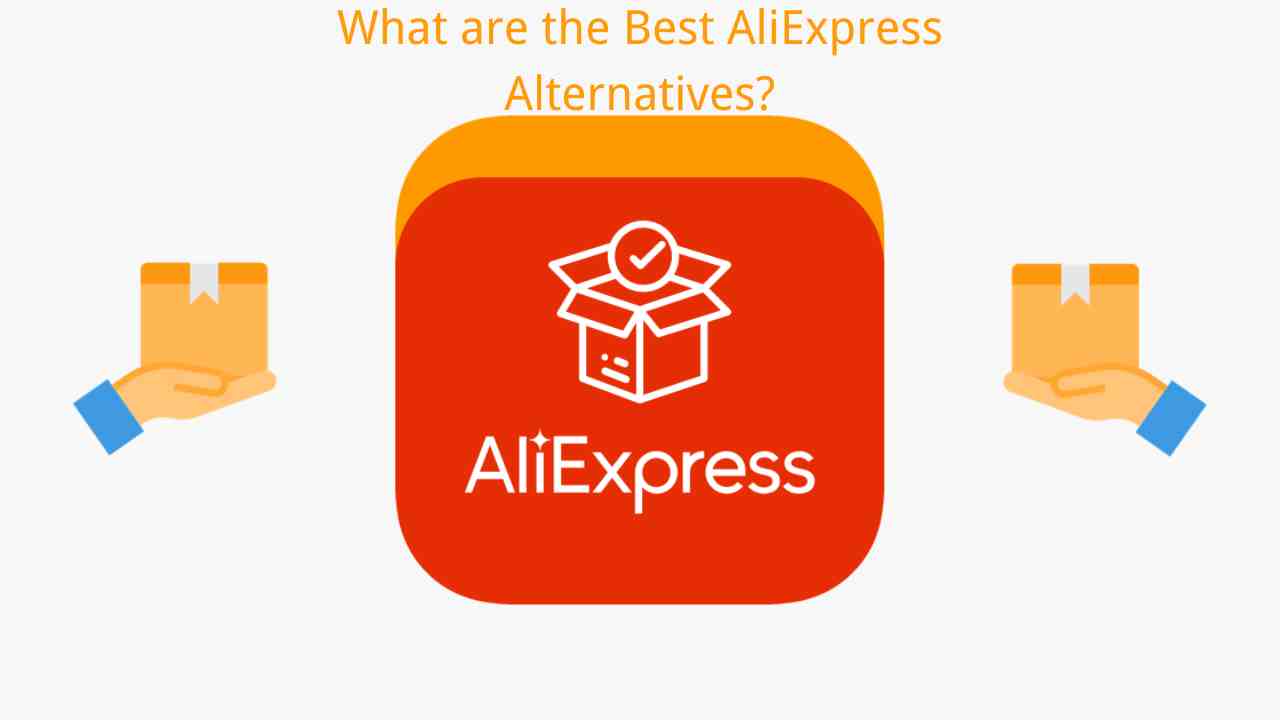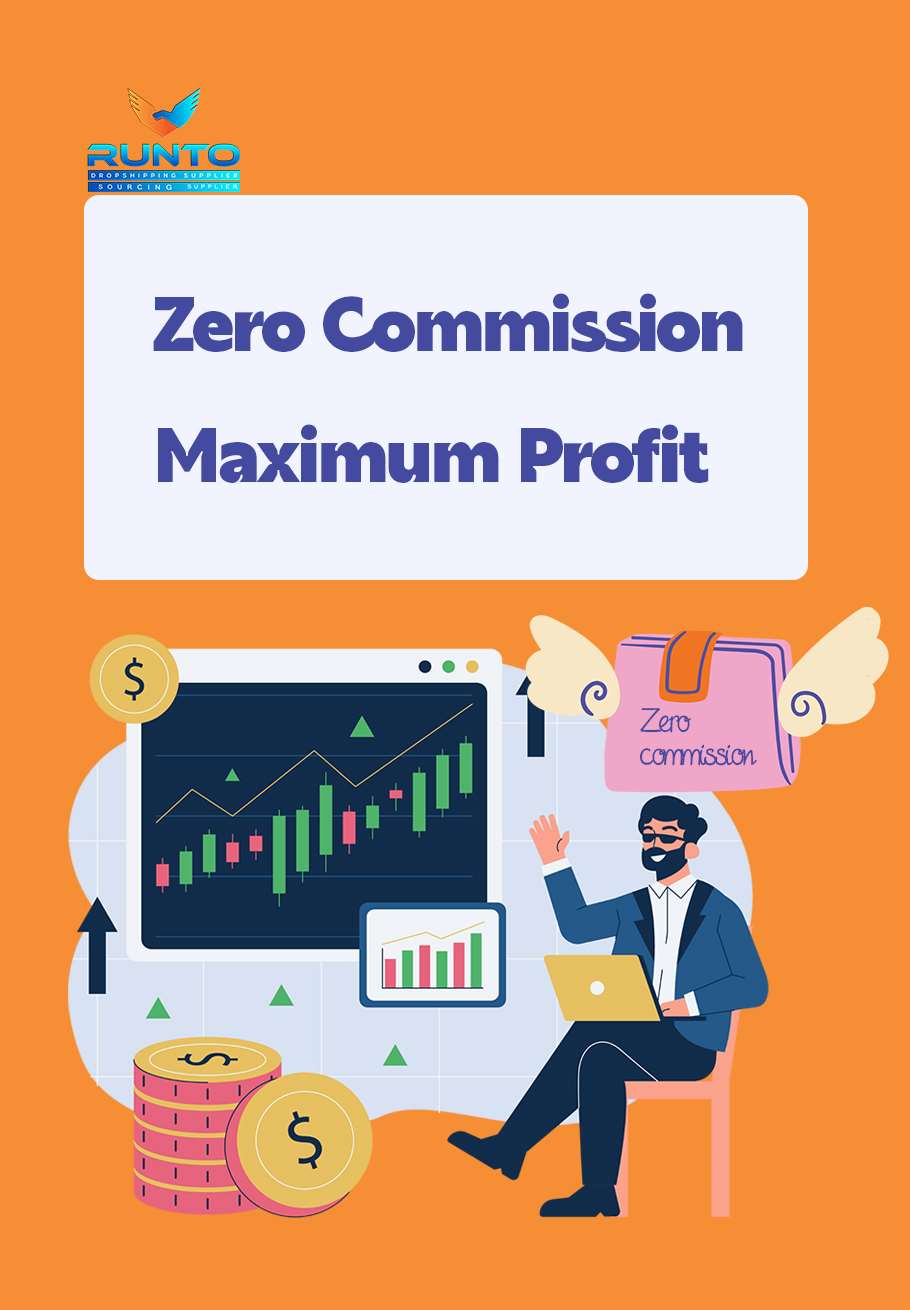Private label products have become increasingly popular in the eCommerce landscape, offering a unique opportunity for entrepreneurs to build their own brand without the hassle of product development. Understanding the best private label niches to explore can significantly impact your success in the market. In this article, we will examine various aspects of private labeling, including why it is a promising business opportunity, criteria to choose a niche, and the essential steps needed to start a private label brand.
1. What Are Private Label Products?

Private label products are goods produced by one manufacturer and rebranded by another company for sale under its name. These products allow retailers to offer unique merchandise that differentiates them from competitors. But here’s the kicker: private labeling provides a platform for businesses to control product quality, pricing, and brand identity without having to manage manufacturing processes directly.
Historically, private labeling has undergone significant evolution. Initially, it was popular with grocery stores and general merchandise retailers who wanted to provide cheaper alternatives to branded products. However, the private label has now expanded into a wide array of categories, including health supplements, cosmetics, and even electronics. In understanding the landscape of private labeling, we must also consider the ongoing debate between white label and private label products. While both involve selling goods under your brand, private labels offer more customization and control over product features, positioning them on a different level altogether.
In essence, private label products enable brands to create a personal connection with consumers by addressing specific needs and preferences. As the trend towards personalized shopping experiences continues to grow, the significance of private label products in the market cannot be overlooked.
| Criteria | Private Label | White Label |
|---|---|---|
| Branding Control | High | Low |
| Customization | Extensive | Minimal |
| Price Control | Full | Shared among retailers |
| Market Exclusivity | Yes | No |
2. Why Is Private Labeling a Strong Business Opportunity?
Private labeling represents a substantial business opportunity for various reasons. First, the benefits of private labeling are undeniable. Retailers can enjoy higher profit margins compared to selling national brands due to reduced costs associated with manufacturing. With careful planning, businesses can position private label products as premium offerings and justify a higher price point. What’s more? The ability to directly control the product’s quality strengthens customer loyalty and enhances brand reputation.
Market statistics further underscore the potential of private labeling. According to a recent report, private label sales have grown at an annual rate of approximately 12%. This trend indicates that consumers are increasingly willing to choose store brands over established national brands, especially when perceived quality meets or exceeds that of popular brands.
Success case studies in private labeling abound. Take Costco’s Kirkland brand as an example; it’s a quintessential private label that has captured a significant market share across various categories. Similarly, brand like Trader Joe’s have effectively leveraged their private label to cultivate a unique store experience that keeps customers coming back for more. These examples highlight not just the profitability of private labeling but also its potential to create a loyal customer base.
| Benefits | Description |
|---|---|
| Higher Profit Margins | Increased earnings compared to national brands |
| Brand Control | Ability to create unique branding |
| Customer Loyalty | Stronger connections with consumers |
| Market Growth Potential | Rapidly expanding private label segment |
3. What Criteria Should You Use to Choose a Private Label Niche?

Choosing the right private label niche is critical for success. The first step involves conducting a thorough market demand analysis. This means researching current trends, identifying gaps in the market, and understanding consumer needs. But here’s the kicker: leveraging social media insights and online forums can uncover evolving consumer preferences that might not be immediately visible through traditional research methods.
Next, trending product research is essential. Tools like Google Trends allow entrepreneurs to identify what items are gaining traction in searches. For instance, health and wellness products have seen skyrocketing interest, especially after recent global health events. Keyword demand tools can provide valuable insight into which products consumers are actively searching for.
You should also conduct a niche competition analysis. Understanding your competition is key to carving out your share of the market. Investigating how established brands position themselves, the pricing strategies they adopt, and their marketing tactics can help inform your own business strategy.
Finally, employing a product margin calculator is crucial when considering profitability. By comparing costs against potential retail prices, you can gauge if a niche is financially viable long-term. This combination of analysis and validation lays the groundwork for a successful private label business.
| Research Criteria | Description |
|---|---|
| Market Demand Analysis | Assessing consumer trends and preferences |
| Trending Product Research | Identifying popular items in real-time |
| Niche Competition Analysis | Evaluating competitors and their strategies |
| Product Margin Calculator | Estimating profitability for various niches |
4. Which Are the Top Private Label Niches to Consider?
The landscape of private label niches offers various possibilities. High demand private label categories are a great starting place. Health supplements, for example, are gaining momentum as consumers become more health-conscious. But here’s the kicker: the market is not only about vitamins; it comprises protein powders, herbal supplements, and organic foods.
Skincare products are another promising niche. Consumers seek quality without the hefty price tag of national brands. Private label skincare allows brands to create tailored solutions based on consumer feedback, and trends suggest an increasing shift towards clean beauty products. Eco-friendly private label products are catching consumer attention too; sustainable packaging and ethically sourced ingredients resonate with environmentally conscious shoppers.
The pet industry also presents lucrative opportunities for private labeling. With the growing trend of pet humanization, products such as natural pet food, grooming supplies, and pet accessories are on the rise.
Lastly, don’t overlook home and kitchen private label goods. From cookware to kitchen gadgets, the possibilities are vast. Quality home products tend to foster loyalty and repeat purchases, making them an attractive niche for private label sellers.
| Private Label Categories | Description |
|---|---|
| Health Supplements | Focus on organic and natural ingredients |
| Skincare Products | Demand for efficacy and affordability |
| Eco-Friendly Products | Sustainable materials and practices |
| Pet Products | High demand for quality pet care |
| Home and Kitchen Goods | Essential items for everyday use |
5. How to Research Your Chosen Private Label Niche?
Research is vital to determining the viability of your selected private label niche. One of the top recommendations is to utilize Amazon product research tools. These tools provide insight into what products are being sold, how they are positioned, and customer reviews that can offer valuable feedback. What’s the real story? Customer insights can highlight areas for improvement or innovation within your product offerings.
Google Trends is another essential platform for niche validation. By analyzing search trends, you can ascertain whether your chosen niche is gaining or losing popularity. This data provides a broader picture of market dynamics.
Competitor analysis tools are crucial in this process. Tools like Jungle Scout or Helium 10 delve deep into competitors’ sales, inventory levels, and pricing strategies. Understanding their strengths allows you to differentiate your products effectively.
You can also tap into TikTok trends for innovative product ideas. The platform is known for its ability to create viral products practically overnight, so keeping track of trending topics can reveal potential opportunities. Finally, validating your products with customer reviews offers a closing insight. Analyze competitors’ reviews to understand common pain points and feature requests that you can address with your private label product.
| Research Method | Purpose |
|---|---|
| Amazon Product Research Tools | Discover best-selling items and customer reviews |
| Google Trends | Track search trends for market insights |
| Competitor Analysis Tools | Evaluating competitor positions and strategies |
| TikTok Trends | Spotting viral opportunities in product ideas |
| Customer Reviews | Finding insights into consumer needs and improvements |
6. What Are the Essential Steps to Start a Private Label Business?

Embarking on a private label journey requires determination and planning. The first step in starting a private label business is finding a reliable private label sourcing agent. This individual or company acts as a broker between you and the manufacturers, facilitating communications, quality checks, and shipping. But here’s the kicker: investing time in selecting the right sourcing partner can save you a considerable amount of time and resources in the long run.
Navigating platforms like Alibaba for private label sourcing is another critical step. Alibaba provides access to a wide range of manufacturers specializing in various products, allowing you to compare prices, minimum order quantities (MOQs), and customization options efficiently.
Understanding MOQs for private labels is essential as manufacturers often set minimum quantities that must be purchased. This aspect can significantly impact your startup costs, so be sure to confirm MOQs with your manufacturers prior to proceeding.
Once you’ve established your supply chain, focus on product packaging design. Attractive packaging not only enhances the product but also communicates brand values. Consider working with a designer familiar with eCommerce products to ensure your packaging grabs attention.
Finally, establishing a strong brand identity for eCommerce success is paramount. Create a compelling story around your brand that resonates with your target audience. Branding encompasses logo design, messaging, and creating a consistent look and feel across all platforms, fostering brand recognition and loyalty.
Reliable sourcing agents like Runtoagent can help streamline communication with factories, ensure product quality, and provide flexible MOQs.
| Essential Steps | Description |
|---|---|
| Finding a Sourcing Agent | Connecting with trusted manufacturers |
| Using Alibaba | Accessing global suppliers and products |
| Understanding MOQs | Awareness of minimum order quantities |
| Packaging Design | Creating appealing and informative designs |
| Building Brand Identity | Establishing a brand story and cohesive design |
7. How Do You Market Your Private Label Products Effectively?
Marketing your private label products effectively is crucial to increasing sales and brand awareness. The first step is crafting a robust digital marketing strategy. This involves identifying your target audience, creating engaging content, and utilizing various channels to reach consumers. But here’s the kicker: utilizing data analytics to track conversions and adjust strategies accordingly can significantly enhance your marketing efforts.
Optimizing your Shopify store is another impactful way to market your private label products. Focusing on user-friendly navigation, compelling product descriptions, and high-quality images can enhance the shopping experience. Additionally, effective SEO practices can increase organic traffic to your store.
Influencer marketing is also a strategy gaining traction among private label sellers. Collaborating with influencers who align with your brand allows you to tap into their audience, generating buzz around your products. What’s the real story? Select influencers who genuinely believe in your brand to maintain authenticity and foster trust among potential customers.
Selling private label products on platforms like TikTok can also invigorate your marketing strategy. Creative short videos showcasing your products in use can gain considerable traction and reach a younger demographic actively seeking engaging content.
Finally, utilizing affiliate marketing strategies can propel sales growth. By offering commissions to affiliates who promote your products, you can leverage their audience for increased visibility and sales, creating a win-win situation for both parties.
| Marketing Strategies | Description |
|---|---|
| Digital Marketing | Creating a comprehensive online strategy |
| Shopify Store Optimization | Enhancing user experience for customers |
| Influencer Partnerships | Collaborating with brand-aligned influencers |
| TikTok Marketing | Engaging potential customers through videos |
| Affiliate Marketing | Broadening sales reach through affiliate networks |
8. What Are Common Challenges in the Private Label Business?
While private labeling holds potential, it is not without its challenges. Private label quality control issues are among the most common hurdles. Maintaining consistent quality from manufacturers is vital, as any deviation can lead to negative customer experiences. But here’s the kicker: frequent audits and regular communication with your suppliers can minimize these risks significantly.
Shipping delays from China or other manufacturing countries can also impact timelines. Understanding shipping logistics and preparing for delays is paramount, particularly if you have established launch dates for promotional campaigns or major sales.
Working with third-party manufacturers can introduce additional complexities into the supply chain. Clear communication regarding expectations, deadlines, and product specifications is crucial to avoid misunderstandings and errors. It’s wise to regularly touch base with all parties to ensure smooth operations.
Adhering to Amazon FBA compliance can be a critical aspect, especially for those using Amazon to sell private label products. Ensuring your products meet Amazon’s standards for labeling, packaging, and storage can streamline operations and minimize issues.
Finally, dealing with returns and refunds is an ongoing challenge for all retailers. Establishing a clear return policy not only helps in managing returns effectively but also builds trust with customers. Taking the time to address potential customer concerns up front can mitigate future issues.
To tackle these challenges, Runtoagent is a leading private label dropshipping supplierprovides end-to-end quality control, detailed product inspection, and logistics coordination. With our dedicated QC team and transparent communication flow, you reduce the risks of shipping delays, factory miscommunication, and compliance errors.
| Challenges | Solutions |
|---|---|
| Quality Control | Regular audits and communication |
| Shipping Delays | Planning for potential logistics issues |
| Third-Party Manufacturer Issues | Clear communication and expectations |
| Amazon FBA Compliance | Meeting all labeling and packaging standards |
| Returns and Refunds | Establishing a clear return policy |
9. How Can You Optimize Profit Margins in Private Labeling?

Profit margins play a critical role in the sustainability of any private label business. One fundamental step is developing a competitive private label pricing strategy. Understanding the market and positioning your products at a competitive price allows you to leverage perceived value without undervaluing your offerings. What’s the real story? Offering bundle discounts or value packs can significantly enhance the perceived savings and improve your average order value.
Understanding warehouse and fulfillment costs is crucial as well. Knowing the costs associated with storage, shipping, and processing orders supports better inventory management and helps avoid stockouts or excess inventory, both of which can negatively impact cash flow.
Utilizing cross-selling techniques can augment revenue streams. Pairing related items together in promotions can entice customers to purchase more. This approach can maximize profits while improving the customer experience.
Upselling private label bundles is another effective strategy. Encouraging customers to purchase complementary products together not only enhances their satisfaction but also increases your average transaction value. It’s a win-win situation for your business and your customers.
Lastly, exploring order volume discount strategies can attract bulk buyers, further driving sales. Offering reduced prices for larger orders helps incentivize businesses to move more product while establishing long-term relationships with repeat customers.
| Profit Optimization Strategies | Description |
|---|---|
| Competitive Pricing | Setting prices based on market demand |
| Understanding Fulfillment Costs | Keeping track of storage and shipping expenses |
| Cross-Selling Techniques | Promoting related items together |
| Upselling Bundles | Encouraging the purchase of complementary items |
| Order Volume Discounts | Incentivizing bulk purchases for profitability |
10. What Future Trends Should You Watch in Private Labeling?
The world of private labeling is continuously evolving. One of the primary trends is the rise in demand for sustainable product trends. Consumers are becoming increasingly environmentally conscious, favoring brands that prioritize sustainability in packaging and sourcing. What’s the good part? This shift towards eco-friendly products means that brands aligning with these values can enjoy increased loyalty and customer satisfaction.
Biodegradable packaging options are also gaining traction. As more companies adopt eco-friendly practices, using greener alternatives for packaging can bolster brand reputation and cater to consumer demands. Companies that prioritize sustainable practices may lead their niches in the years to come.
The emergence of artificial intelligence in product development is another transformative trend. AI technologies can analyze customer preferences and market dynamics to assist in creating highly targeted products. Businesses keen on staying ahead of the curve will benefit from embracing these technologies.
Smart home private label ideas continue to capture consumer interest. As more households integrate smart technologies, private label brands stand to gain a loyal following by offering innovative home solutions tailored to help simplify day-to-day life.
Lastly, keeping an eye on consumer behavior shifts for the future, especially as we approach 2025, is essential. Understanding demographic shifts and changing preferences will enable businesses to pivot their strategies effectively, ensuring they remain relevant amid changing market dynamics.
| Future Trends | Description |
|---|---|
| Sustainable Products | Increased demand for eco-friendly items |
| Biodegradable Packaging | Shift towards environmentally friendly packaging |
| AI in Product Development | Leveraging technology for product innovation |
| Smart Home Innovations | Growing interest in tech-savvy household products |
| Consumer Behavior in 2025 | Anticipating shifts in purchasing habits |
11. How Can You Scale Your Private Label Business?
Scaling a private label business requires strategic planning and execution. A successful approach begins with creating a roadmap for scaling your private label globally. Expanding into international markets can open new revenue streams and diversify your customer base. But here’s the kicker: understanding local regulations, market dynamics, and consumer behavior in new regions is crucial to avoid missteps.
B2B private label partnerships can also facilitate growth. Collaborating with established retailers or eCommerce platforms allows you to reach a wider audience without the overhead costs of new marketing strategies. Partnerships can amplify your branding and reach significantly.
Managing cross-border eCommerce logistics effectively is critical for scaling. This means ensuring reliable shipping methods and understanding customs processes for international sales. Navigating these logistics challenges strategically can improve the efficiency of your operations.
Launching multiple private label brands under one umbrella can diversify offerings and attract varied customer segments. Offering different product lines tailored to specific audiences allows you to test multiple niches simultaneously while minimizing risk.
Lastly, implementing customer loyalty programs can drive repeat purchases and improve retention rates. Creating incentives for returning customers not only enhances customer satisfaction but also builds a sustainable revenue stream over time.
Scaling internationally requires efficient fulfillment. That’s why Runtoagent offers overseas warehouses in the US and Europe, fast shipping solutions, and responsive after-sales support—so you can grow with confidence while minimizing customer complaints.
| Scaling Strategies | Description |
|---|---|
| Global Expansion | Targeting international markets for growth |
| B2B Partnerships | Collaborating with established retailers |
| Cross-Border Logistics | Managing international shipping effectively |
| Multiple Brand Launches | Diversifying through various product lines |
| Customer Loyalty Programs | Encouraging repeat purchases for sustained revenue |
FAQ Section
Q1: What is a private label brand?
A private label brand refers to products manufactured by one company that are sold under another company’s brand name, allowing retailers to create their unique identity.
Q2: How does private labeling differ from national branding?
Private labeling involves uniquely branded products that a retailer owns, while national brands are widely recognized products produced by well-established manufacturers.
Q3: How do I find a manufacturer for private labels?
You can find a manufacturer for private labels through platforms like Alibaba, industry trade shows, or sourcing agents who specialize in connecting businesses with manufacturers.
Q4: Can I start a private label business with a low budget?
Yes, starting a private label business on a low budget is possible by choosing low-cost product categories, minimizing overhead, and utilizing cost-effective marketing strategies.
Q5: What are some essential certifications for private label products?
Essential certifications may include safety standards, health regulations, and quality compliance certifications, depending on the product category and target market.
This comprehensive overview of private labeling provides insights into its potential while offering practical steps to navigate the journey. By exploring the best private label niches and leveraging this guide, you can effectively carve out your section in the market and embrace the opportunities that await.
Looking for a trusted sourcing agent in China to help launch your private label brand? Contact Runtoagent today.


